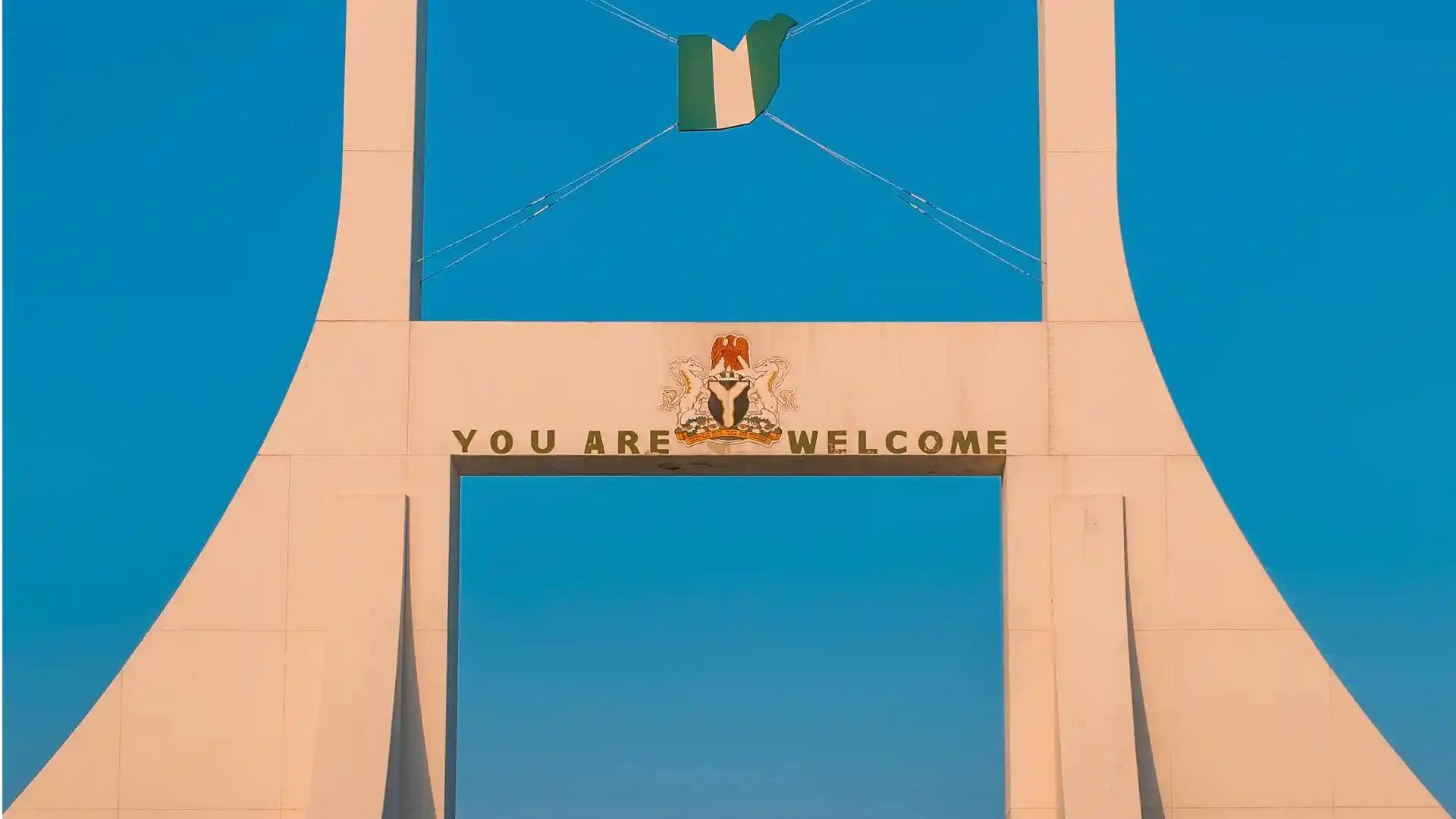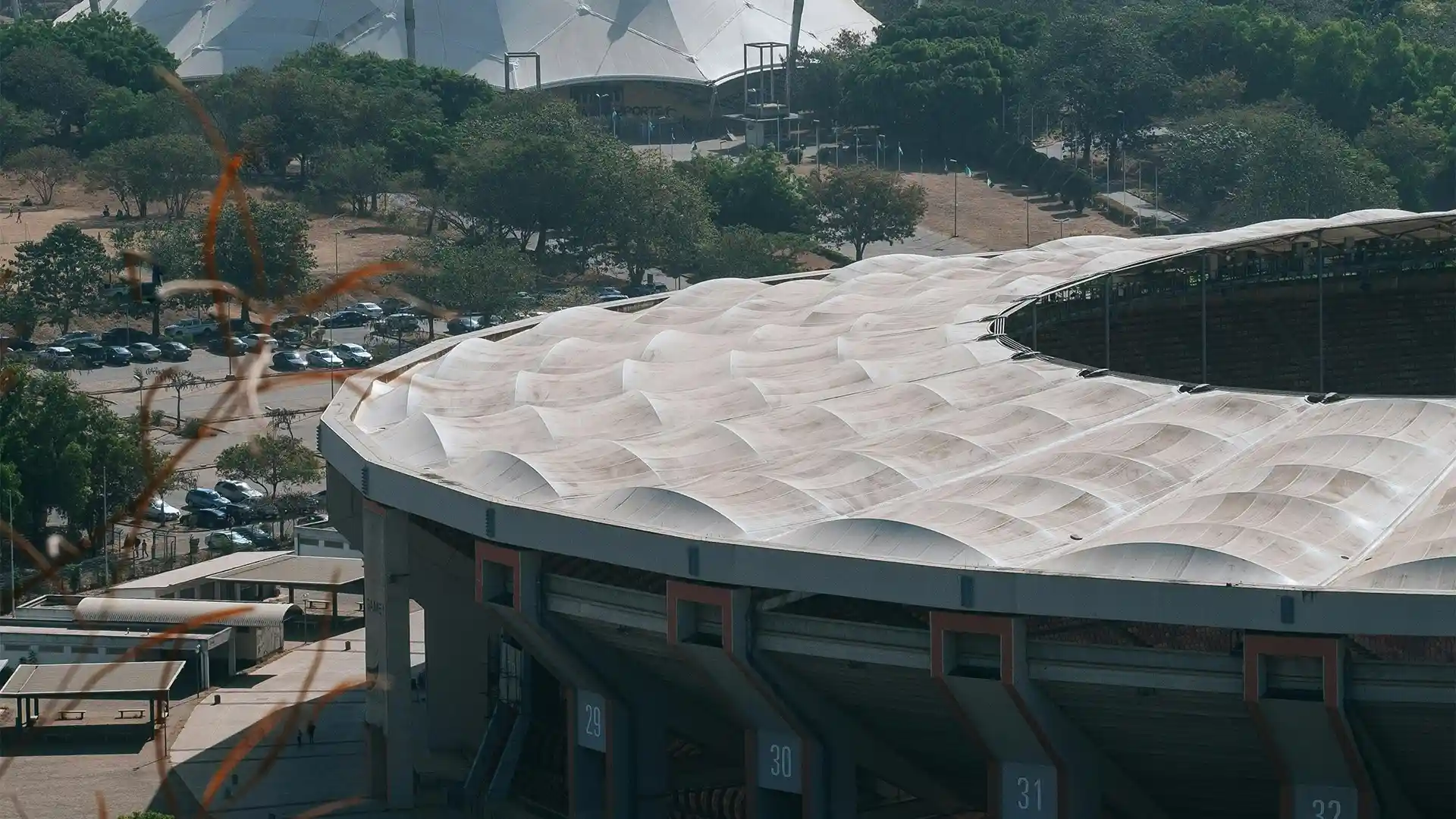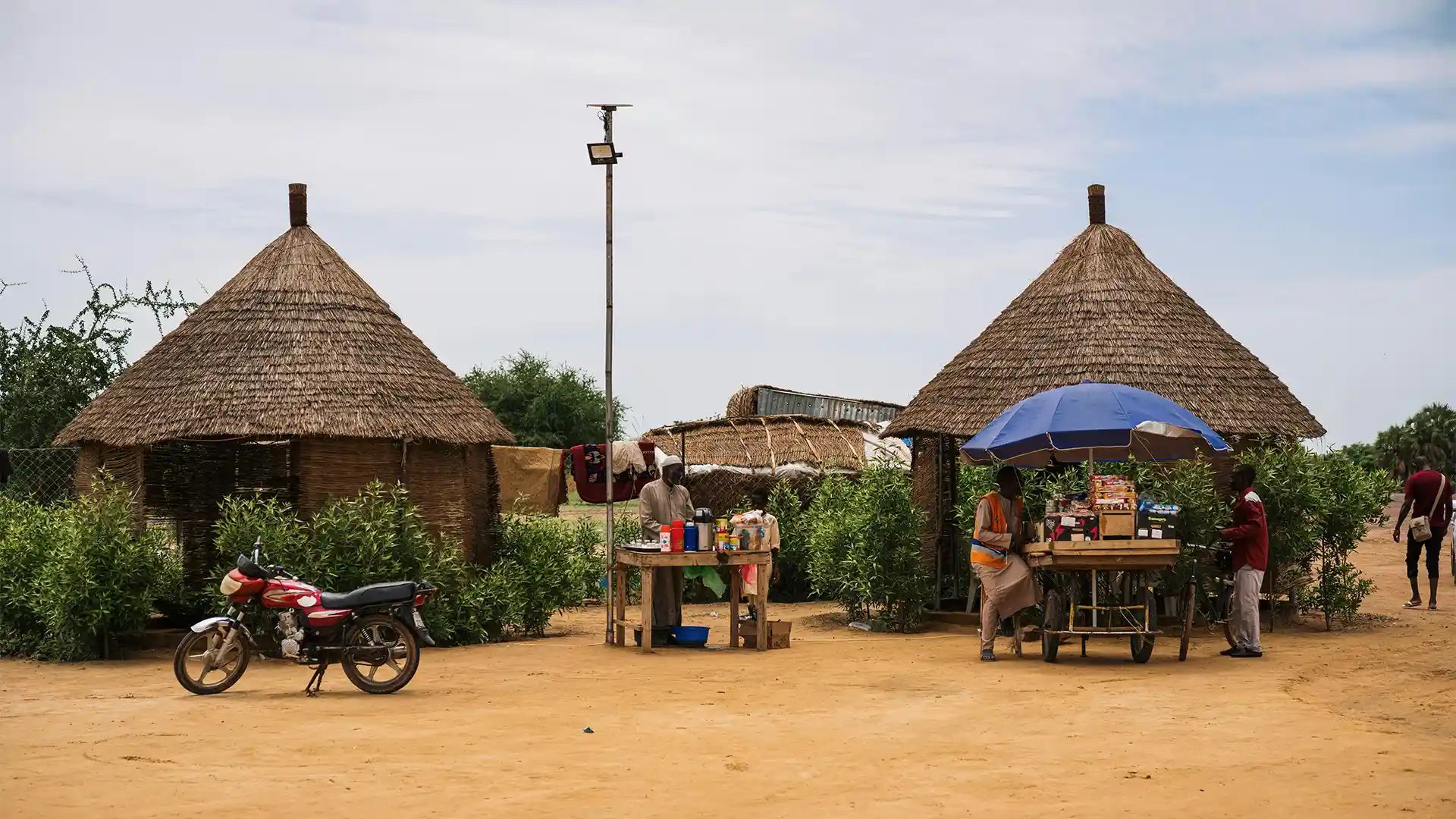Experience Abuja
Abuja, Nigeria’s capital, is a modern city known for its stunning architecture, vibrant culture, lush parks, and dynamic nightlife.

Overview
Abuja is the capital city of Nigeria and is located in the center of the country. It was officially declared the capital city on December 12, 1991, and is known for its modern infrastructure and well-planned layout. The city is home to many government offices, embassies, and international organizations, which makes it a hub for political and diplomatic activities. Abuja is also famous for its numerous attractions, including the Zuma Rock, Aso Rock, and the Nigerian National Mosque. The city boasts of a diverse and vibrant culture, which is reflected in its cuisine, music, and art. With its unique blend of modernity and tradition, Abuja is a must-visit destination for anyone visiting Nigeria.
City History
Abuja is a relatively new city that was established in 1976. The city was chosen to replace Lagos as the capital due to its central location and its potential for development. The name ‘Abuja’ comes from the local Gbagyi language and means ‘the place where the ancestors dwell’. The city is located in the heart of Nigeria and is home to a diverse population of over 2 million people, representing various ethnic groups from across the country. Abuja is known for its modern infrastructure, beautiful architecture, and vibrant culture. It is a hub for business, government, and tourism, offering visitors a breathtaking experience of the best that Africa has to offer.
Things to See
National Mosque: The National Mosque is a stunning example of modern Islamic architecture, with a gold dome and four minarets. Visitors can take a tour of the mosque and learn about the history and significance of Islam in Nigeria.
Aso Rock: Aso Rock is a massive monolith that dominates the skyline of Abuja. Visitors can hike to the top of the rock for breathtaking views of the city, or take a tour of the nearby Presidential Villa.
National Arts Theatre: The National Arts Theatre is a must-visit for anyone interested in Nigerian culture. It’s the largest performing arts center in the country, and hosts a variety of concerts, plays, and other cultural events.
Zuma Rock: Zuma Rock is a natural wonder located just outside of Abuja. It’s a massive rock formation that rises 725 meters above sea level and is said to have spiritual significance to the local people.
Gurara Falls: Gurara Falls is a scenic waterfall located about an hour’s drive from Abuja. Visitors can hike to the falls, swim in the pools below, and take in the stunning natural beauty of the area.
Millennium Park: Millennium Park is the largest park in Abuja and a popular spot for locals and tourists alike. It features a beautiful lake, walking trails, and plenty of green space to relax and enjoy the outdoors.
Nigerian National Museum: The Nigerian National Museum is a must-visit for history buffs. It features exhibits on Nigerian culture and history, including artifacts from the country’s pre-colonial and colonial periods.

Getting In
Abuja, the capital city of Nigeria, can be accessed through various modes of transportation. The most popular way to get to Abuja is
By air, as the city is home to the Nnamdi Azikiwe International Airport. The airport has both domestic and international terminals, making it a major hub for travelers to and from Nigeria. For those who prefer to travel
By road, Abuja is well-connected by a network of highways and expressways. The city is accessible from all major cities in Nigeria, including Lagos, Kano, and Port Harcourt. There are also several long-distance bus services that operate daily between Abuja and other cities in Nigeria. If you prefer to travel
By train, the Nigerian Railway Corporation operates a rail service that connects Abuja to several cities in Nigeria. The Abuja-Kaduna railway line is the most popular, as it provides a fast and comfortable way to travel between the two cities.

Currency
The currency used in Abuja, the capital city of Nigeria, is the Nigerian naira. This currency is denoted by the symbol “₦” and is subdivided into 100 kobo. The naira was introduced in 1973 to replace the pound sterling as the official currency of Nigeria. Since then, it has gone through several revaluations and devaluations due to economic instability and inflation. Today, the naira is widely used throughout the country, including in Abuja, for day-to-day transactions and as a store of value. While the naira is not a particularly strong currency on the global stage, it remains an integral part of Nigeria’s economy and financial system.
Abuja is derived from the Hausa word “Abuja”, which means “the city of unity”.
Abuja was officially declared the capital city of Nigeria on December 12, 1991, making it just over 30 years old.
Aso Rock is a 400-meter monolith rock that is the most noticeable feature in Abuja. It is considered the city’s symbol and has both spiritual and historical significance.
The largest man-made lake in Abuja is called Jabi Lake.
The National Mosque in Abuja is nicknamed “The Nigerian National Mosque”.
The National Christian Centre in Abuja is nicknamed “The Unity Church”.
The largest shopping mall in Abuja is called the Jabi Lake Mall.
The hill that overlooks Abuja is called Katampe Hill.
